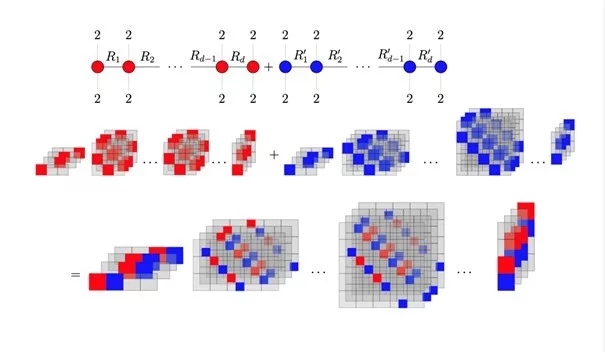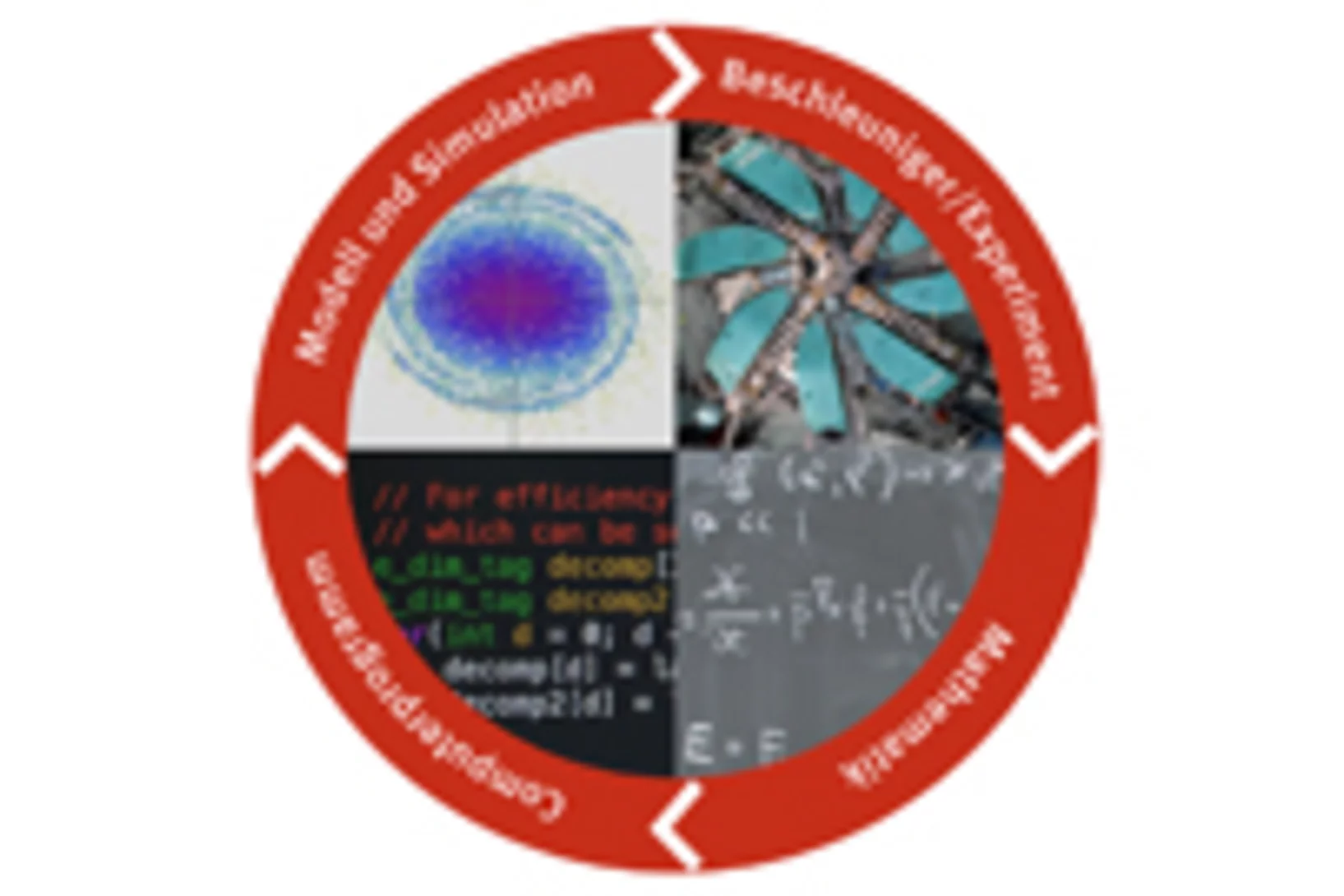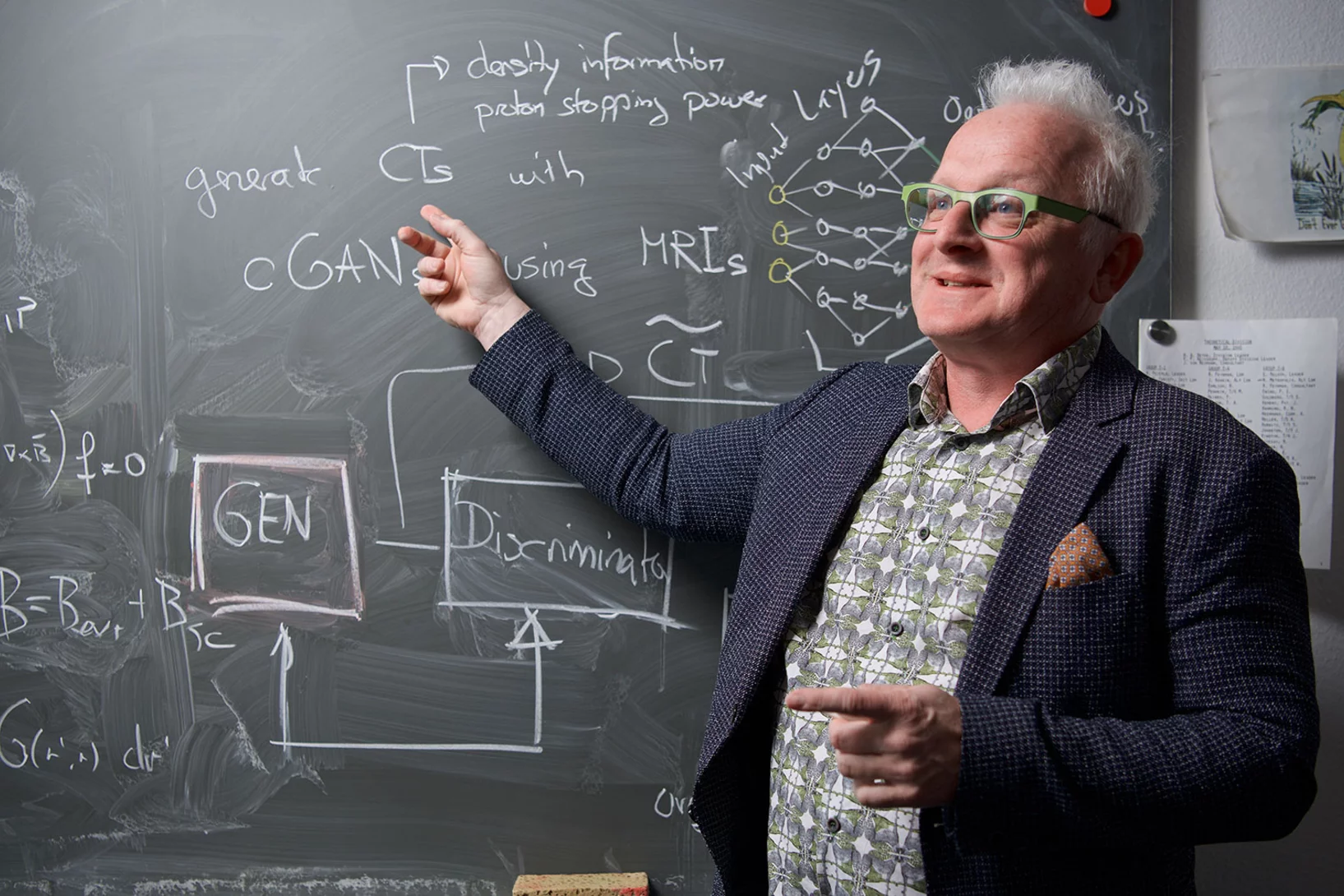The PSI Laboratory for Simulation and Modelling develops numerical and computational capabilities for advanced nuclear systems, advanced particle accelerators, reacting and non-reacting fluid dynamics.
Topical areas
The topical areas of the Laboratory for Simulation and Modelling covers a broad spectrum of scientific disciplines such as
Die Simulation: Das dritte Standbein der Wissenschaft
Forschenden des PSI simulieren und modellieren sowohl Grossforschungsanlagen als auch Experimente, zum Beispiel in den Material- und Biowissenschaften. Wie sie dabei vorgehen erklärt Andreas Adelmann, Leiter des PSI Labors für Simulation und Modellierung.
Modellieren und Simulieren zahlt sich aus
Forschende des Labors für Simulation und Modellierung des PSI lösen durch die Kombination von Theorie, Modellierung und Hochleistungsrechnen komplexeste Probleme. Mit leistungsfähigen Computern simulieren sie kleinste Moleküle oder Grossforschungsanlagen.
Horizon 2020 project SAMOSAFER granted
The EU Horizon 2020 program granted 3.5 million Euros to the research and innovation project SAMOSAFER, where PSI is one of the 14 project partners. The total budget of the project, inclusive own and in-kind contributions, is 4.5 million Euros. The aim of SAMOSAFER project is to develop and demonstrate new safety barriers and a more controlled behaviour in severe accidents of the Molten Salt Reactor (MSR). Three groups at PSI will be involved in the project: the LSM groups for Advanced Nuclear Systems (ANS) and Multiscale Materials Modelling (MMM) and the Severe Accidents Research group (Sacre) of LRT, focusing on redistribution of the source term in the fuel treatment unit of MSR and assessment and reduction of radionuclide mobility during accidental conditions.
Publications
-
Adelmann A, Bainbridge AR, Bailey I, Baldini A, Basnet S, Berger N, et al.
A compact frozen-spin trap for the search for the electric dipole moment of the muon
European Physical Journal C: Particles and Fields. 2025; 85(6): 622 (29 pp.). https://doi.org/10.1140/epjc/s10052-025-14295-7
DORA PSI -
Al Daas H, Ballard G, Grigori L, Kumar S, Rouse K, Vérité M
Communication lower bounds and optimal algorithms for symmetric matrix computations
ACM Transactions on Parallel Computing. 2025; 12(2): 6 (46 pp.). https://doi.org/10.1145/3727344
DORA PSI -
Albà A, Adelmann A, Rochman D
Uncertainty quantification of spent nuclear fuel with multifidelity Monte Carlo
Annals of Nuclear Energy. 2025; 211: 110892 (17 pp.). https://doi.org/10.1016/j.anucene.2024.110892
DORA PSI





